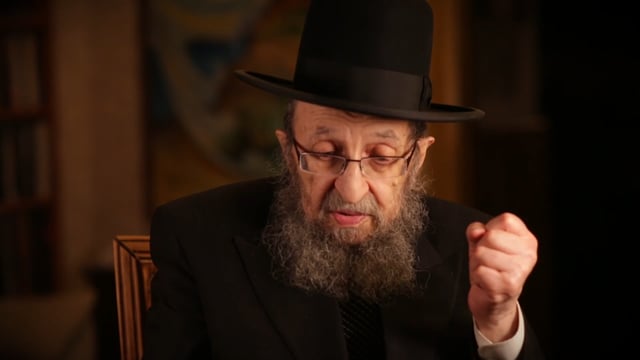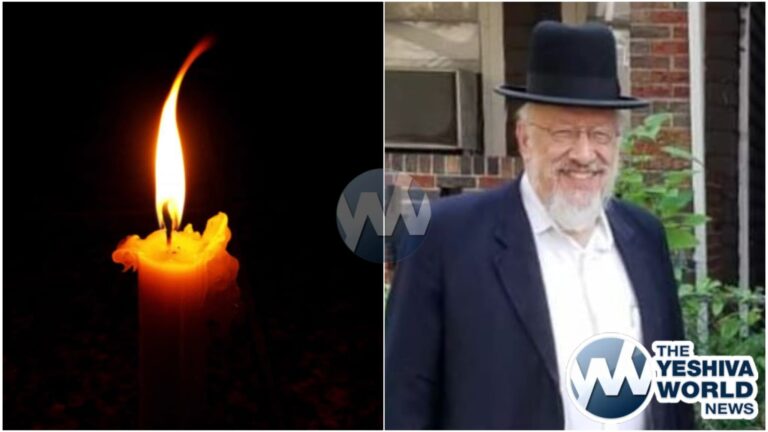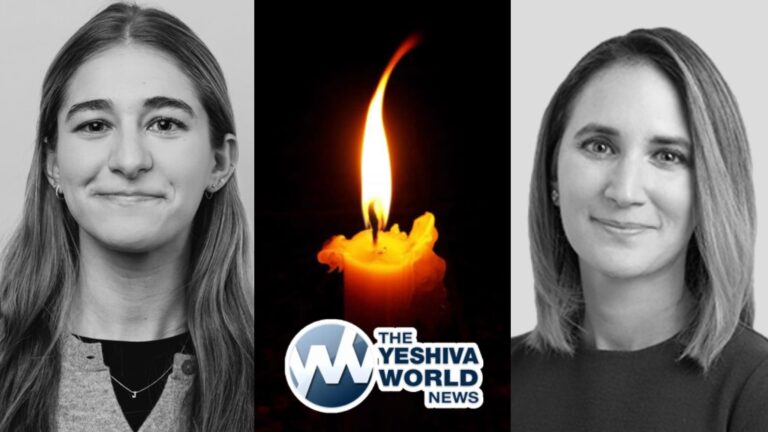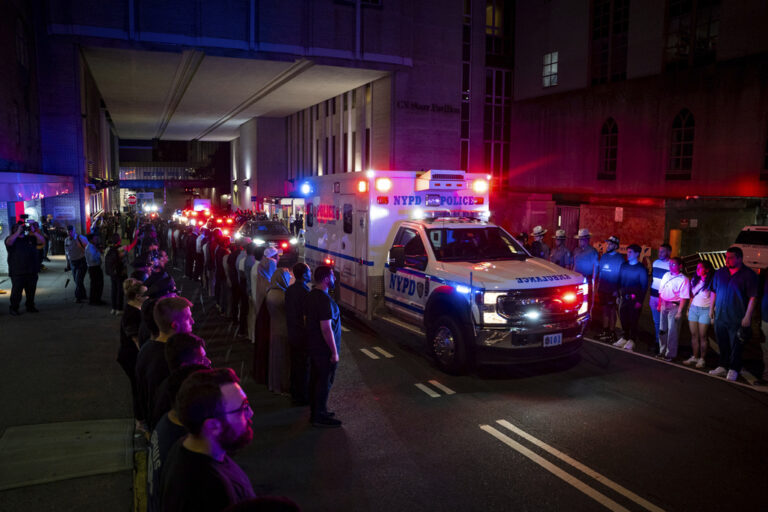The United States Supreme Court today issued a major favorable decision in a case, Fulton v. City of Philadelphia, involving religious liberty. The case considered whether the city of Philadelphia acted unconstitutionally when it banned a religious agency from participating in the city’s foster care system because of their policy of not placing children in homes of same-sex couples. The agency, Catholic Social Services (CSS), has a policy against doing so, and the city, upon learning of this, blocked CSS from participating in the foster care system.
CSS filed a lawsuit against the city, arguing that barring it from continuing to contract with the city and place children only in those homes it deemed to be acceptable based on its religious beliefs was a violation of the Free Exercise Clause of the First Amendment, which supports freedom of religion. After losing in the lower courts, CSS asked the Supreme Court to take the case.
Today, the Supreme Court unanimously ruled that Philadelphia’s refusal to contract with CSS unless it approves of placement of children with same-sex couples was a violation of the First Amendment. The Court ruled that Philadelphia would be required to demonstrate a “compelling interest” in denying CSS its contract, under the “strict scrutiny test” required to uphold a law or provision that violates the free exercise of religion, and the city had not done so.
The National Jewish Commission on Law and Public Affairs (“COLPA”) on behalf of Agudath Israel of America, along with the Agudas Harabbonim of the United States and Canada, the National Council of Young Israel, the Orthodox Jewish Chamber of Commerce, the Rabbinical Alliance of America, the Rabbinical Council of America, and Torah Umesorah, submitted an amicus curiae (friend of the court) brief in this case supporting CSS’s position. The brief, authored by noted Washington attorney Nathan Lewin, called upon the Supreme Court to overrule its decision in Employment Division v. Smith. The Smith decision said that if a law is not directed specifically against religious practice it is not unconstitutional as long as it is “neutral and of general applicability” even though it does actually restrict freedom of religion. That decision has curtailed religious freedom in numerous cases ever since it was issued.
The COLPA brief argued that the Smith decision was procedurally flawed because the parties in the case had never been given the opportunity to brief and argue the substance of the issue ultimately decided by the Court.
Although the majority of the Justices declined to overturn the Smith decision, that was sharply attacked by Justices Alito and Gorsuch. While concurring with the majority that the city’s contract provisions were a violation of the Free Exercise Clause, Justice Alito and Gorsuch both wrote opinions arguing that the Court should have overturned the Smith decision, and Justice Thomas joined in their concurring opinions.
Overturning the Smith decision has important ramifications for the Orthodox Jewish community. As Justice Alito pointed out in his opinion, under Smith, a law that prohibited the slaughter of animals unless they are first rendered unconscious would be constitutional, even though it would have the effect of banning kosher slaughter in the United States. Similarly, a law banning circumcision would be constitutional, even though it would outlaw bris milah, which is mandated by Jewish law.
Rabbi Chaim Dovid Zwiebel, executive vice president of Agudath Israel of America, stated, “We are gratified that the Court has ruled that the City of Philadelphia violated CSS’s Free Exercise rights.” He continued, “But we are disappointed that the Court did not use this opportunity to overturn Employment Division v. Smith. We can only hope that soon the Court will revisit Smith, which has had a detrimental impact on religious freedom in America.”











